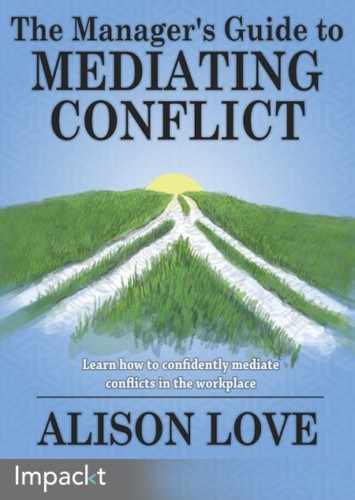Maintaining confidentiality is an extremely important principle of mediation. The parties need to have absolute confidence that what they say throughout the process will remain entirely confidential. This will enable them to feel that the mediation is a safe environment in which they can say what they really think and feel and be completely open and honest.
If the parties are truly honest, then it is far more likely that the parties will achieve an understanding of each other and appreciate the impact of the conflict situation on each other.
As the mediator, you can assure the parties of the confidentiality of the process by:
- Explaining the confidentiality of the process before and at the commencement of mediation.
- Requiring the parties to sign an agreement confirming and committing to confidentiality (see Chapter 3, The Mediation Process).
- At the end of each session with an individual party, ensure you clarify which parts of what has been said can and cannot disclosed to the other party. Only disclose what you have specifically been given permission to disclose.
- At the conclusion of the process, clarify what, if anything, can be shared with others outside the process.
In practice, you often hear things that you may want to share with line managers or HR for good reason. However, unless you are given permission to do so by the parties, you cannot. I have found that it is important to clarify this with the person who has appointed you to mediate so that you manage their expectations from the start. You also need to ensure that those appointing you do not try to influence the outcome of the mediation in any way. It is important to appreciate that if you do breach confidentiality, this will impact on your ability to mediate in future disputes.
